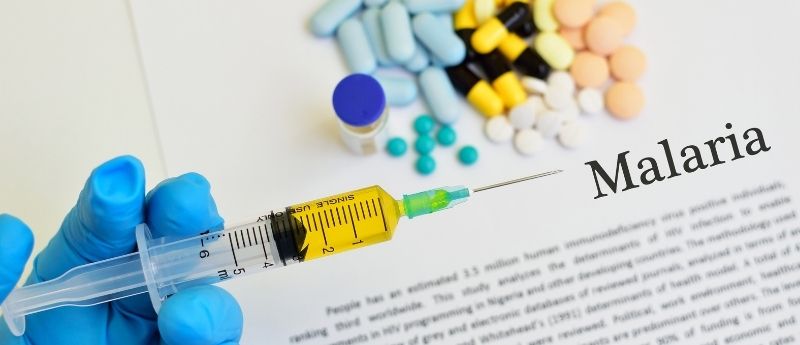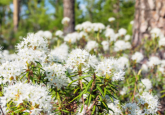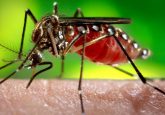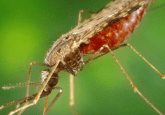Turning the tide on malaria: WHO approves the world’s first vaccine

A historic moment: WHO recommends deployment of a malaria vaccine finally developed after a 100-year endeavour.
The WHO have advised that the RTS,S/AS01 vaccine, also known as Mosquirix, developed by GlaxoSmithKline (London, England) over the last 30 years in partnership with PATH (WA, USA), should be deployed among children in sub-Saharan Africa and other regions with moderate to high rates of Plasmodium falciparum transmission. The ongoing Malaria Vaccine Implementation Programme and rollout of the vaccine will “change African lives forever,” said Bello Abdul Hakeem Bolaji speaking to the BBC.
Malaria is one of the most significant infectious diseases worldwide, often effecting vulnerable groups the most including infants, children and people in poverty who cannot afford medical treatment. For many years, Africa has carried the highest share of the global malaria burden; in 2019, the WHO African Region was home to 94% of global malaria cases and deaths. Therefore, this breakthrough, for many Africans like Bello, is “game-changing news.”
The P. falciparum malaria parasite is spread to humans via infected female Anopheles mosquitoes biting the skin. The subsequent malaria infection is an acute febrile illness manifesting in symptoms such as fever, headache and chills during mild infection. More severe infection develops in children, who can suffer from severe anaemia, respiratory distress or cerebral malaria. Additionally, if left untreated in adults the infection often leads to multi-organ failure.
Vector control has remained the most prominent prevention method to reduce malaria transmission, but with the rollout of the RTS,S vaccine, the world is hopeful for a cure.
“We have long hoped for an effective malaria vaccine and now for the first time ever, we have such a vaccine recommended for widespread use. Today’s recommendation offers a glimmer of hope for the continent which shoulders the heaviest burden of the disease and we expect many more African children to be protected from malaria and grow into healthy adults,” explained Dr Matshidiso Moeti, WHO Regional Director for Africa.
RTS,S prevented approximately 4 in 10 malaria cases when tested in children aged over 5 months who received four doses of the vaccine during large-scale clinical trials in selected areas of Ghana, Kenya and Malawi over a 4-year period. The ongoing pilot programme will continue to moderate the vaccine’s impact long-term. Resistance to antimalarial medicines such a chloroquine and sulfadoxine-pyrimethamine in the past makes the new vaccine even more remarkable. “It’s a huge jump from the science perspective to have a first-generation vaccine against a human parasite,” said Dr Pedro Alonso speaking to The New York Times.
Ultimately, the wait is not over yet, as the accessibility of the vaccine will play a vital part in its success. Ndifanji Namacha, a doctor in Malawi, expressed to the BBC, “We need that vaccine to be accessible for all, and that is only when we can talk about uptake and people’s responses to it.” Funding from the global health community and adoption of the vaccine into national malaria control strategies will determine its broader rollout.





